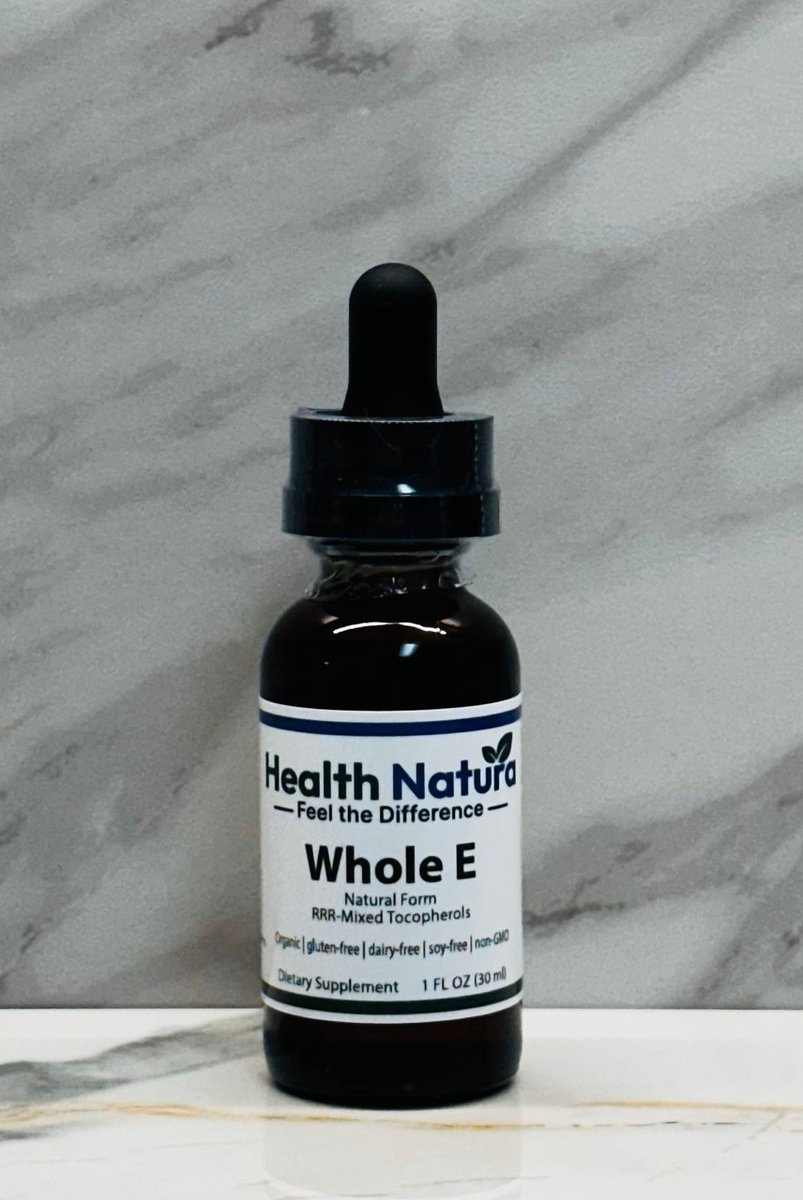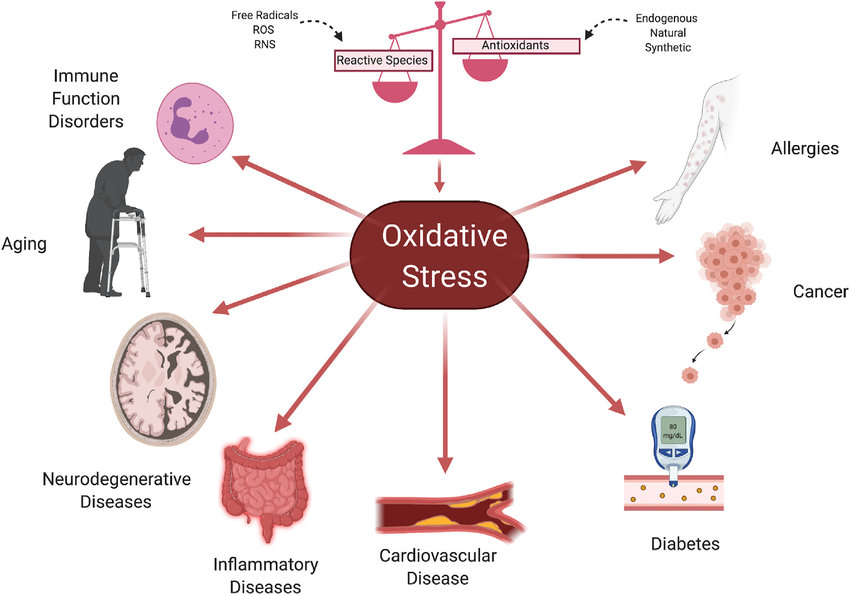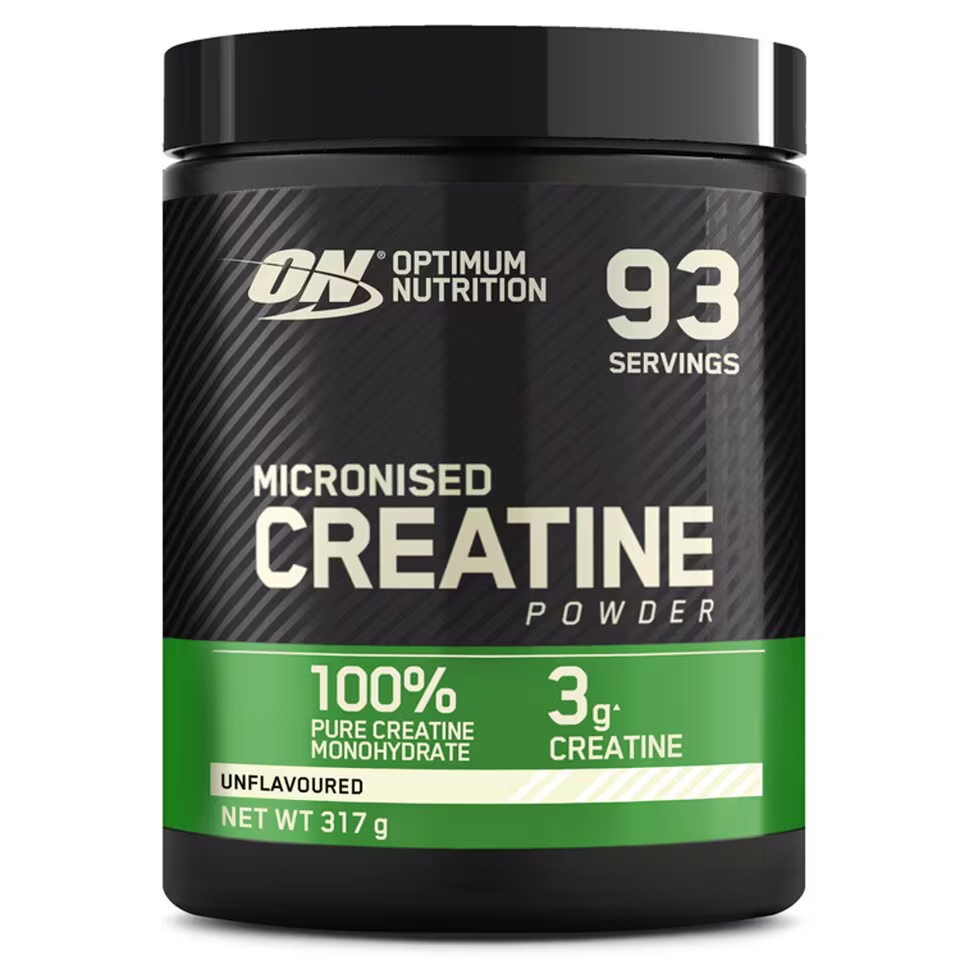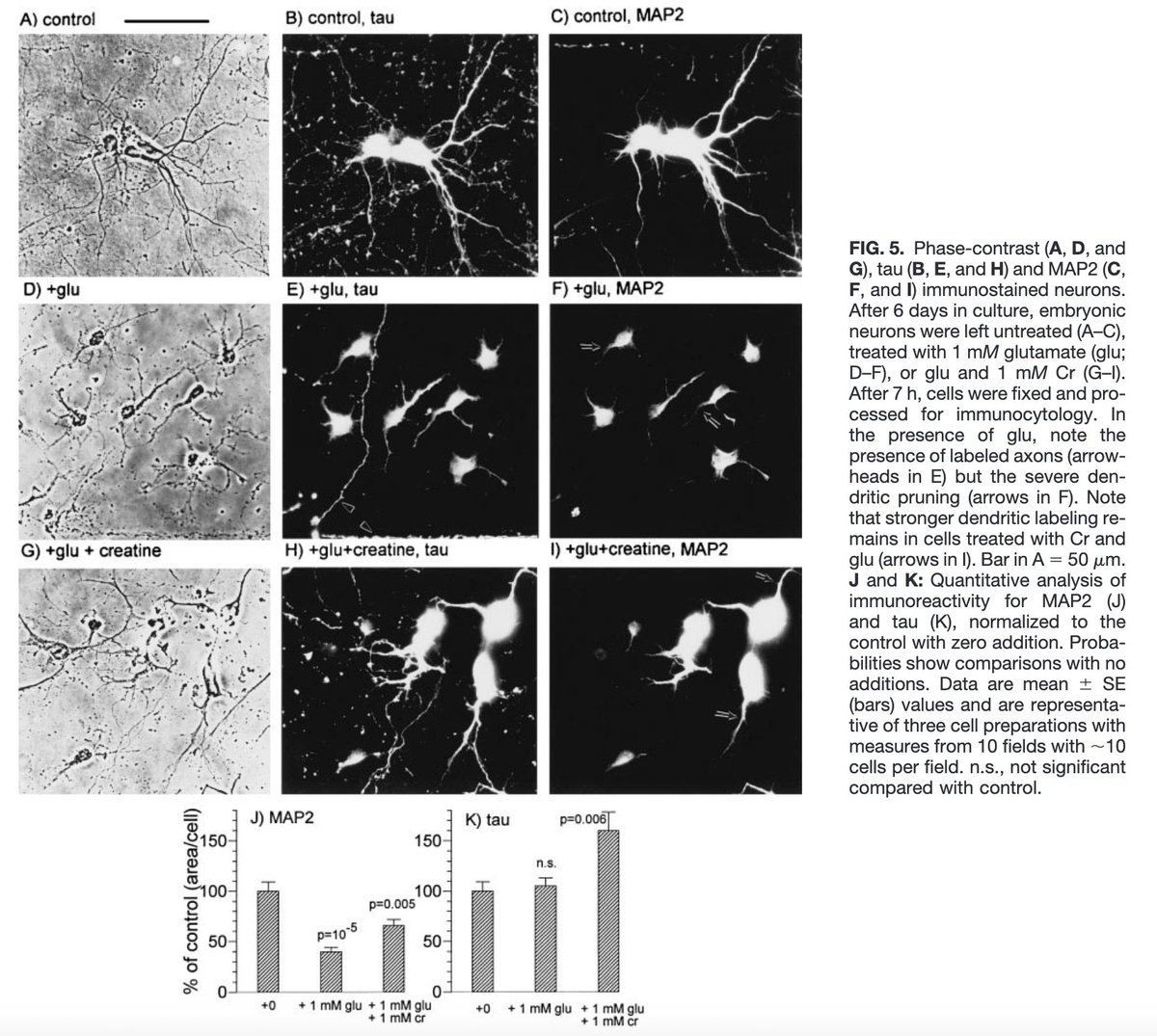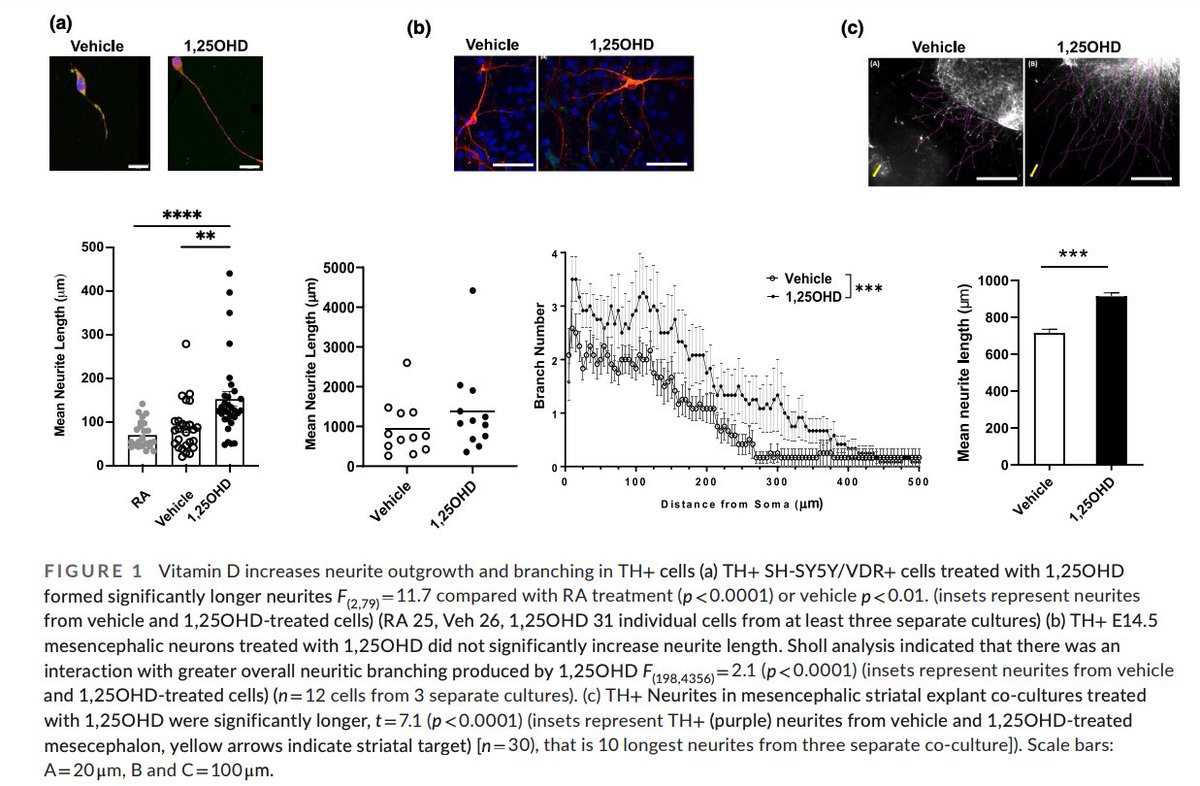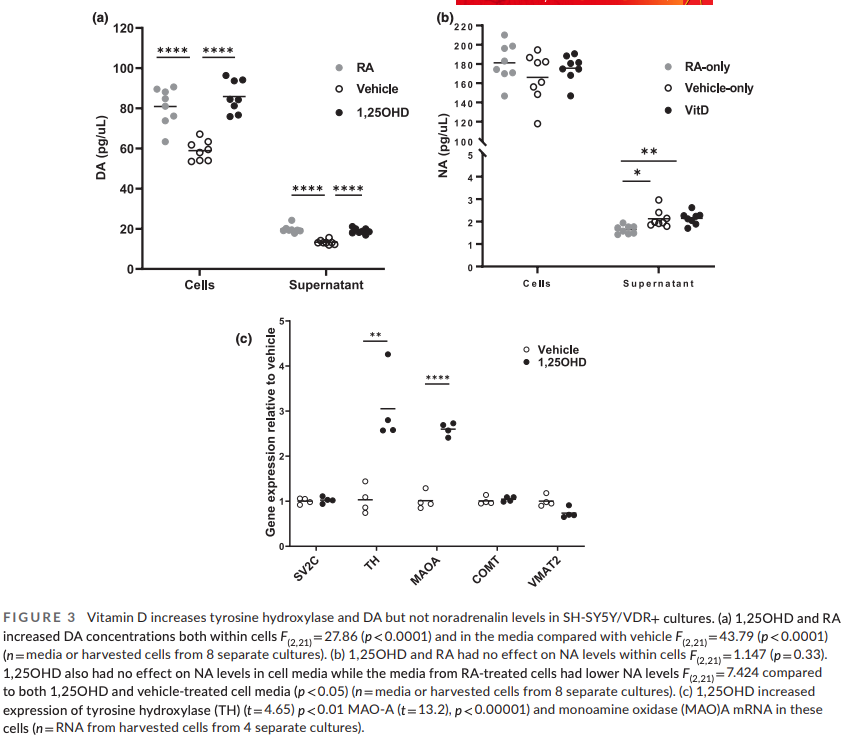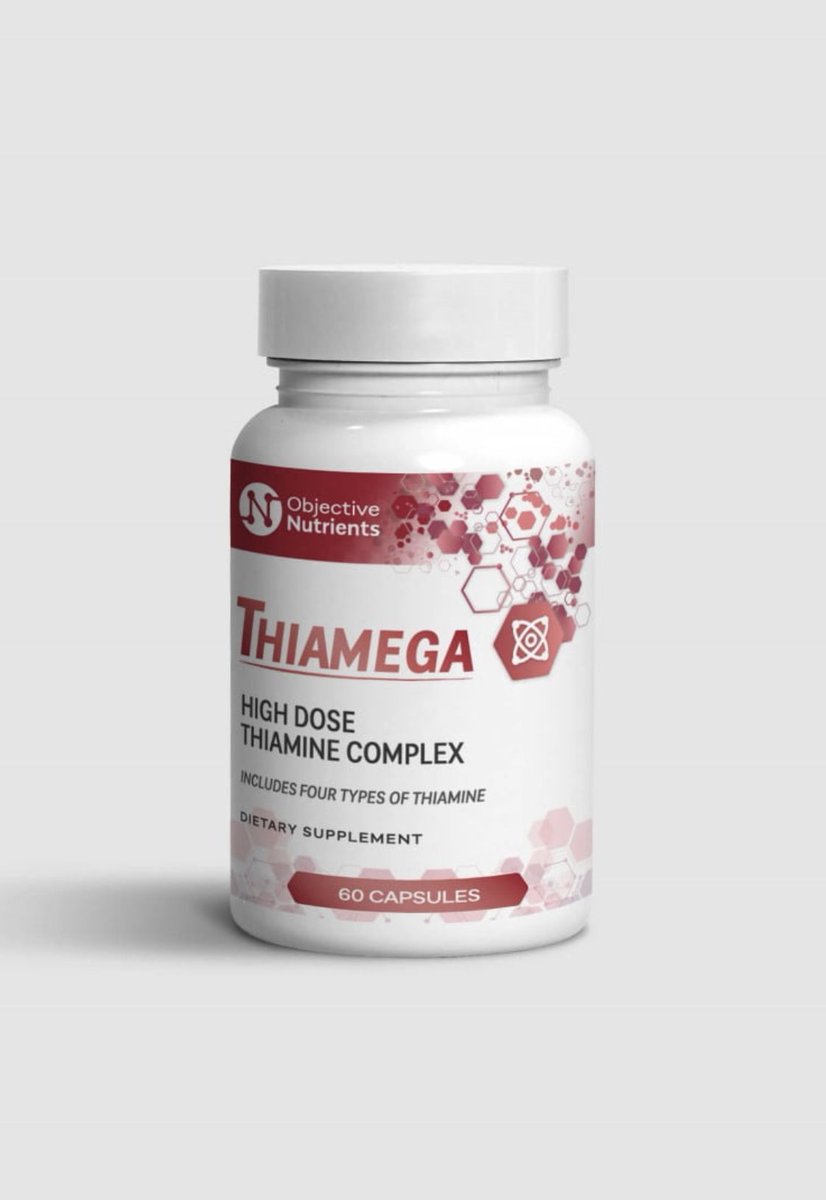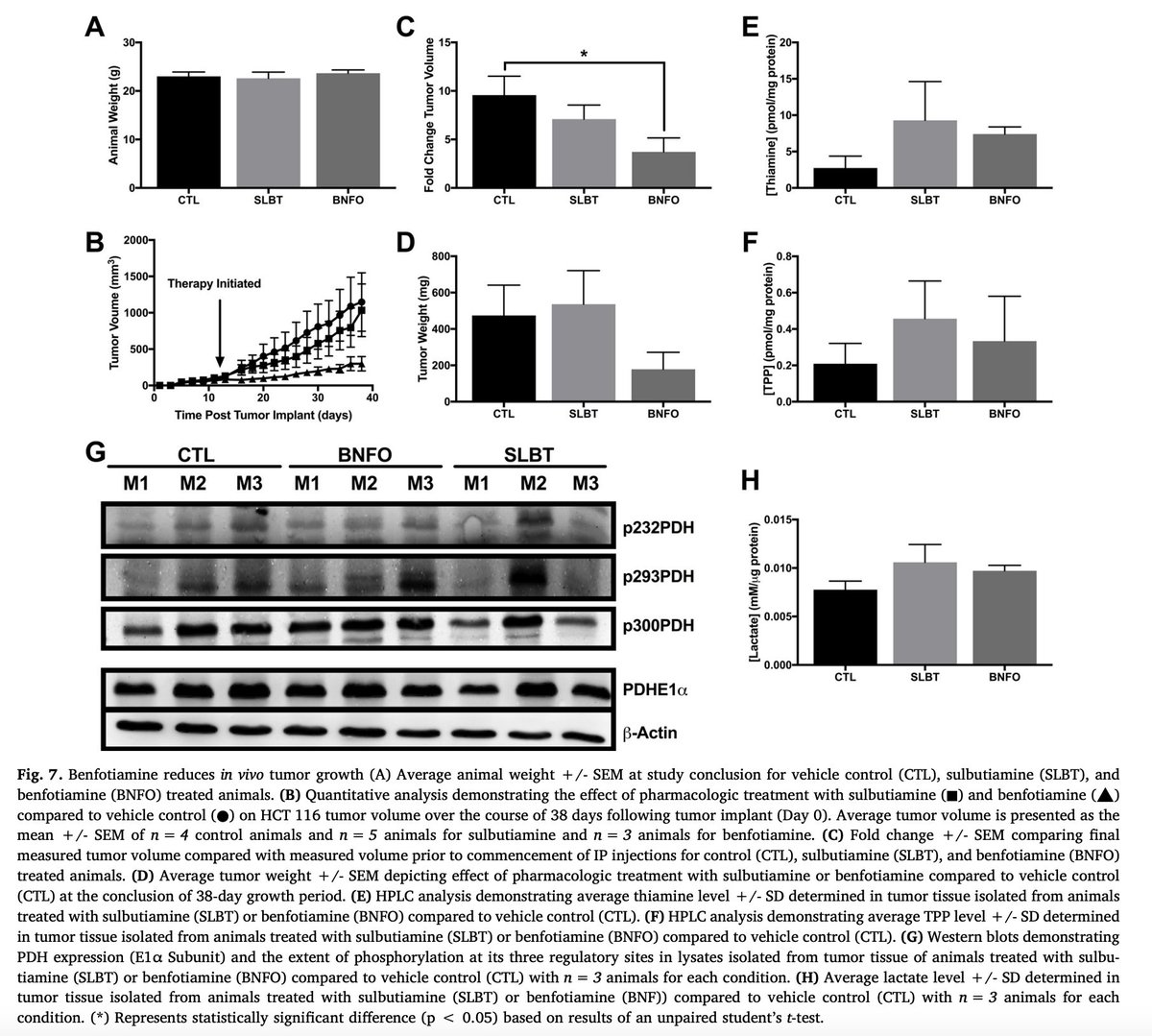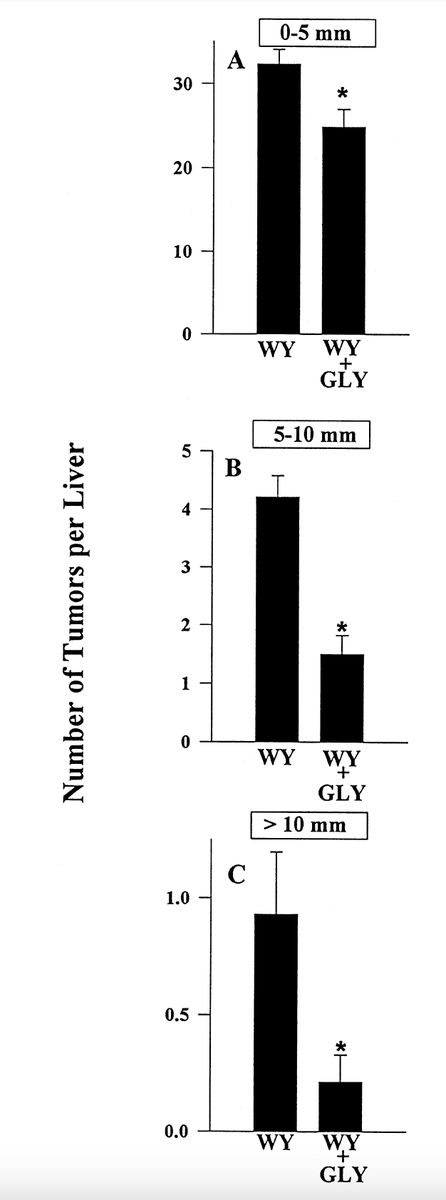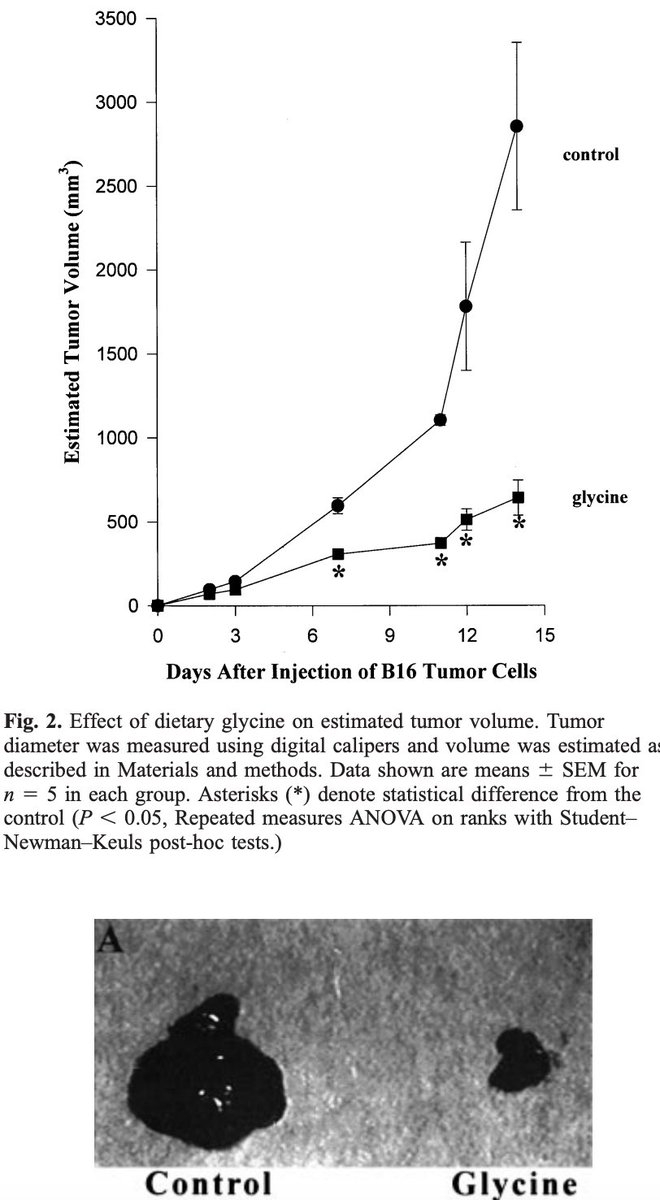Serotonin is NOT the "happy chemical."
In fact, it is literally the exact opposite.
Serotonin facilitates the feelings behind:
1. Punishment
2. Numbness
3. Lack of motivation
4. Aversion to risk
5. Helplessness
One review had proposed this mixed model of mood:
‣ Dopamine mainly being joy
‣ Norepinephrine being fear or anger
‣ Serotonin being punishment or sadness
They discuss that dopamine facilitates the seeking of novelty and creativity,
and serotonin promotes aversion, or inhibition.
Serotonin makes you not want to do what you truly want, or prevent you from doing it at your fullest.
(Serotonin and dopamine tend to oppose each other.)
When serotonin is low, people tend to take in more information, and are less likely to “play it safe.”
The authors of another study stated:
“[serotonin] promotes reflexive avoidance of relatively immediate aversive outcomes, potentially at the expense of more globally construed future losses.”
Depleting the serotonin precursor, tryptophan,
“removed the suppressive effects of small local costs on information sampling behavior.”
In other words, it made people want to explore more, even if it meant it would cost a bit more.
This has been described as “behavioral inhibition.”
Serotonin makes you avoid situations that may require more energy or hope, associated with greater potential payoff, for low risk low reward choices.
Good for survival, sure, but for living a fulfilling life?
I think that people who are content with where they are at, and do not pursue something greater probably have excess serotonin.
Other researchers have stated:
“5-HT [serotonin] is involved in behavioral inhibition, preventing or curtailing ongoing actions in light of predictions of aversive outcomes.”
“activation of serotonergic neurons during foraging in mice promote exploitation of a rewarding patch rather than exploration of an alternative action,”
Serotonin promotes the choices that are safe and good rather than risky and fantastic.
Serotonin promotes an “I don’t care just, stop bothering me” attitude.
‣ Less value is placed on decisions
‣ Less information is used on those decisions
‣ Decisions are wrong more often
‣ But people also caring less about being wrong
“a single 30 mg dose of citalopram impaired learning about a changing reward environment, increasing sensitivity to negative feedback.”
Serotonin seems to make animals patient, but futilely so. They just wait for a reward that never comes.
“serotonin increased the mice’s belief that they were in a reward trial, and so they waited longer.”
This, to me, explains a lot of people who follow orders blindly.
They think that if they do it for long enough, they’ll get some kind of reward.
That is what gets people stuck in these never-ending cycles of monotony.
Horses with higher serotonin levels are correlated with more trainability.
Monkeys given drugs that increase serotonin induced a less “dominant” phenotype, with the authors concluding that this is consistent with “subordinate status.”
If the stress of life is overbearing, serotonin is there to encourage you to avoid life. Generally, it tends to dissociate you from reality.
“Serotonin is correlated positively with aversion and negatively with reward.”
People who take SSRIs have described the experience as feeling
“emotionally blunted”
"in limbo"
"of unreality"
"disconnection"
"feeling as though they were a spectator rather than a participant,"
"like a ‘zombie’ or ‘robot’, with reduced or absent emotional responses."
SSRI users also report “just not caring”
Hell, there’s even a condition known as “SSRI apathy syndrome,” which can be reversed when serotonin levels normalize:
“depleting the serotonin precursor tryptophan … enhanced emotional responses to the scenarios in a large sample of healthy volunteers, and interacted with individual differences in trait personality to produce distinctive human emotions."
While dopamine gives us reward and pleasure, serotonin promotes a lack of pleasure, or “anhedonia.”
This brings us to a huge point: that serotonin is apart of your “adapting to and from pain” mechanism.
This is, of course, an absolutely crucial aspect of life, to learn from mistakes, but that certainly isn't associated with happiness.
Have you ever been yelled at by someone and then felt embarrassed, ashamed or regretful?
Maybe you felt like you needed to leave and take your mind off of things?
That lonely feeling of dissociation, driven by punishment, is from serotonin.
Depleting people of tryptophan, and thus lowering serotonin, did not give this response, as it “abolished this punishment-induced inhibition without affecting overall motor response.”
“We show that serotonin is critical for punishment-induced inhibition.”
What doesn’t kill us makes us stronger, probably because serotonin forces us to remember what almost killed us.
“prolonged boosting of serotonin enhances learning from punishment and reduces learning from reward”
I’ve discussed a bit about my experience with excess serotonin from gut problems.
Not a day goes by today where I don’t think about what I do, so I don’t make the same mistakes that put me in that situation.
Serotonin doesn’t let me forget those painful memories, and that is a good thing.
But lowering it allows me to live freely again.
Serotonin also absolutely dissociated me from reality for a while. In a weird way, that was probably the only way I was going to survive in such a deep hole. It certainly has its functional role.
Another aspect of serotonin that was all too common for me (and others I interact with) is rumination: constantly dwelling on past thoughts and experiences and not living in the present moment.
This masterclass review article makes the case that “Serotonin coordinates the mechanisms promoting rumination”
Serotonin facilitates the response to inescapable stress.
In situations of intense stress that are perceived as insurmountable, instead of using energy to try to find solutions, serotonin essentially conserves energy, and causes organisms to stop trying to figure out an answer, to give up.
Things like immobilizing animals (restraint stress) or fighting causes elevations in serotonin, presumably to conserve energy for what is perceived to be a futile cause.
Blocking dopamine (again, which inhibits serotonin and vice versa) or inhibiting its synthesis can cause animals to have this impaired escape ability, even without exposing them to prior stress.
Essentially, they give up without even really having a reason to.
Meanwhile increasing dopamine or blocking serotonin makes animals keep trying, regardless of their prior stress.



In fact, it is literally the exact opposite.
Serotonin facilitates the feelings behind:
1. Punishment
2. Numbness
3. Lack of motivation
4. Aversion to risk
5. Helplessness
One review had proposed this mixed model of mood:
‣ Dopamine mainly being joy
‣ Norepinephrine being fear or anger
‣ Serotonin being punishment or sadness
They discuss that dopamine facilitates the seeking of novelty and creativity,
and serotonin promotes aversion, or inhibition.
Serotonin makes you not want to do what you truly want, or prevent you from doing it at your fullest.
(Serotonin and dopamine tend to oppose each other.)
When serotonin is low, people tend to take in more information, and are less likely to “play it safe.”
The authors of another study stated:
“[serotonin] promotes reflexive avoidance of relatively immediate aversive outcomes, potentially at the expense of more globally construed future losses.”
Depleting the serotonin precursor, tryptophan,
“removed the suppressive effects of small local costs on information sampling behavior.”
In other words, it made people want to explore more, even if it meant it would cost a bit more.
This has been described as “behavioral inhibition.”
Serotonin makes you avoid situations that may require more energy or hope, associated with greater potential payoff, for low risk low reward choices.
Good for survival, sure, but for living a fulfilling life?
I think that people who are content with where they are at, and do not pursue something greater probably have excess serotonin.
Other researchers have stated:
“5-HT [serotonin] is involved in behavioral inhibition, preventing or curtailing ongoing actions in light of predictions of aversive outcomes.”
“activation of serotonergic neurons during foraging in mice promote exploitation of a rewarding patch rather than exploration of an alternative action,”
Serotonin promotes the choices that are safe and good rather than risky and fantastic.
Serotonin promotes an “I don’t care just, stop bothering me” attitude.
‣ Less value is placed on decisions
‣ Less information is used on those decisions
‣ Decisions are wrong more often
‣ But people also caring less about being wrong
“a single 30 mg dose of citalopram impaired learning about a changing reward environment, increasing sensitivity to negative feedback.”
Serotonin seems to make animals patient, but futilely so. They just wait for a reward that never comes.
“serotonin increased the mice’s belief that they were in a reward trial, and so they waited longer.”
This, to me, explains a lot of people who follow orders blindly.
They think that if they do it for long enough, they’ll get some kind of reward.
That is what gets people stuck in these never-ending cycles of monotony.
Horses with higher serotonin levels are correlated with more trainability.
Monkeys given drugs that increase serotonin induced a less “dominant” phenotype, with the authors concluding that this is consistent with “subordinate status.”
If the stress of life is overbearing, serotonin is there to encourage you to avoid life. Generally, it tends to dissociate you from reality.
“Serotonin is correlated positively with aversion and negatively with reward.”
People who take SSRIs have described the experience as feeling
“emotionally blunted”
"in limbo"
"of unreality"
"disconnection"
"feeling as though they were a spectator rather than a participant,"
"like a ‘zombie’ or ‘robot’, with reduced or absent emotional responses."
SSRI users also report “just not caring”
Hell, there’s even a condition known as “SSRI apathy syndrome,” which can be reversed when serotonin levels normalize:
“depleting the serotonin precursor tryptophan … enhanced emotional responses to the scenarios in a large sample of healthy volunteers, and interacted with individual differences in trait personality to produce distinctive human emotions."
While dopamine gives us reward and pleasure, serotonin promotes a lack of pleasure, or “anhedonia.”
This brings us to a huge point: that serotonin is apart of your “adapting to and from pain” mechanism.
This is, of course, an absolutely crucial aspect of life, to learn from mistakes, but that certainly isn't associated with happiness.
Have you ever been yelled at by someone and then felt embarrassed, ashamed or regretful?
Maybe you felt like you needed to leave and take your mind off of things?
That lonely feeling of dissociation, driven by punishment, is from serotonin.
Depleting people of tryptophan, and thus lowering serotonin, did not give this response, as it “abolished this punishment-induced inhibition without affecting overall motor response.”
“We show that serotonin is critical for punishment-induced inhibition.”
What doesn’t kill us makes us stronger, probably because serotonin forces us to remember what almost killed us.
“prolonged boosting of serotonin enhances learning from punishment and reduces learning from reward”
I’ve discussed a bit about my experience with excess serotonin from gut problems.
Not a day goes by today where I don’t think about what I do, so I don’t make the same mistakes that put me in that situation.
Serotonin doesn’t let me forget those painful memories, and that is a good thing.
But lowering it allows me to live freely again.
Serotonin also absolutely dissociated me from reality for a while. In a weird way, that was probably the only way I was going to survive in such a deep hole. It certainly has its functional role.
Another aspect of serotonin that was all too common for me (and others I interact with) is rumination: constantly dwelling on past thoughts and experiences and not living in the present moment.
This masterclass review article makes the case that “Serotonin coordinates the mechanisms promoting rumination”
Serotonin facilitates the response to inescapable stress.
In situations of intense stress that are perceived as insurmountable, instead of using energy to try to find solutions, serotonin essentially conserves energy, and causes organisms to stop trying to figure out an answer, to give up.
Things like immobilizing animals (restraint stress) or fighting causes elevations in serotonin, presumably to conserve energy for what is perceived to be a futile cause.
Blocking dopamine (again, which inhibits serotonin and vice versa) or inhibiting its synthesis can cause animals to have this impaired escape ability, even without exposing them to prior stress.
Essentially, they give up without even really having a reason to.
Meanwhile increasing dopamine or blocking serotonin makes animals keep trying, regardless of their prior stress.
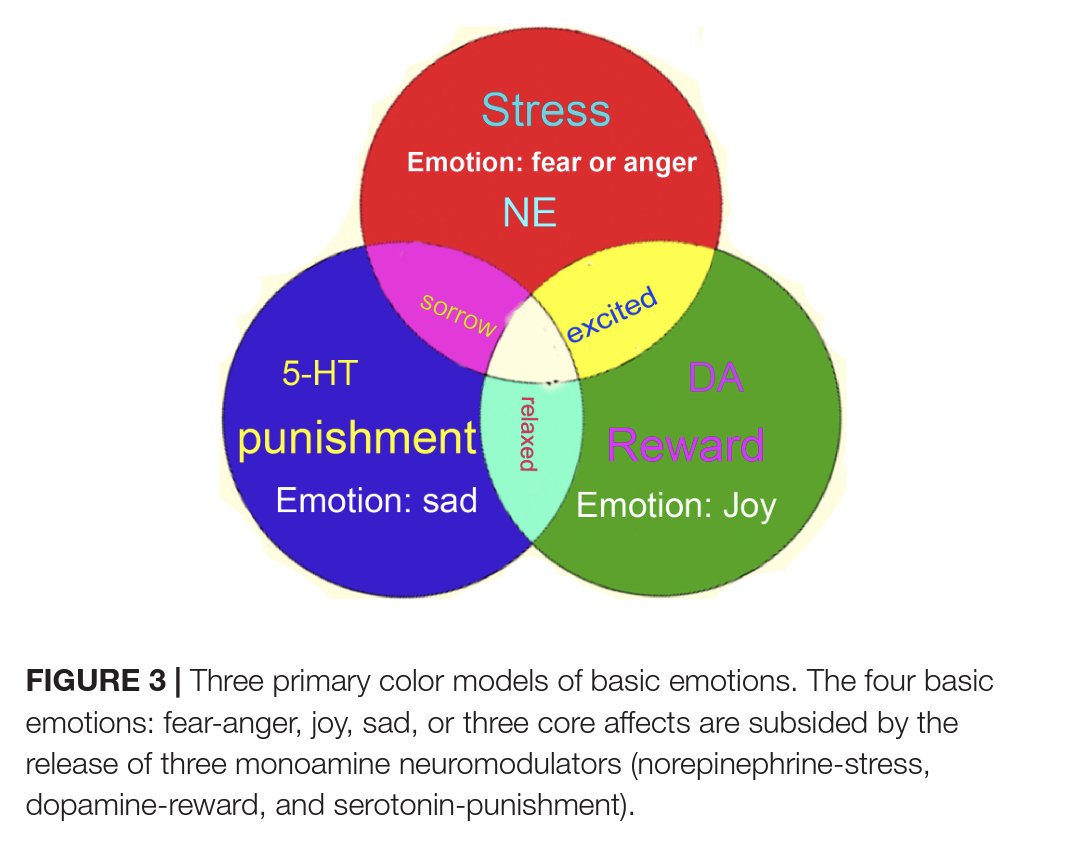
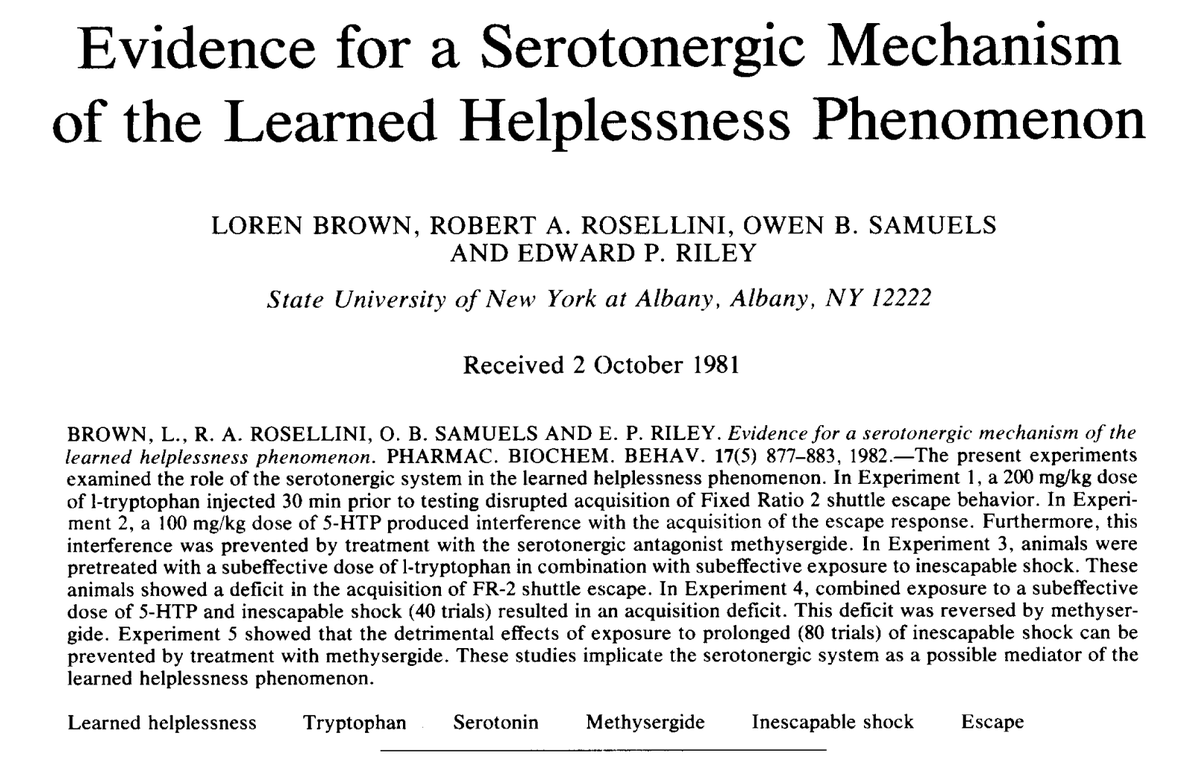
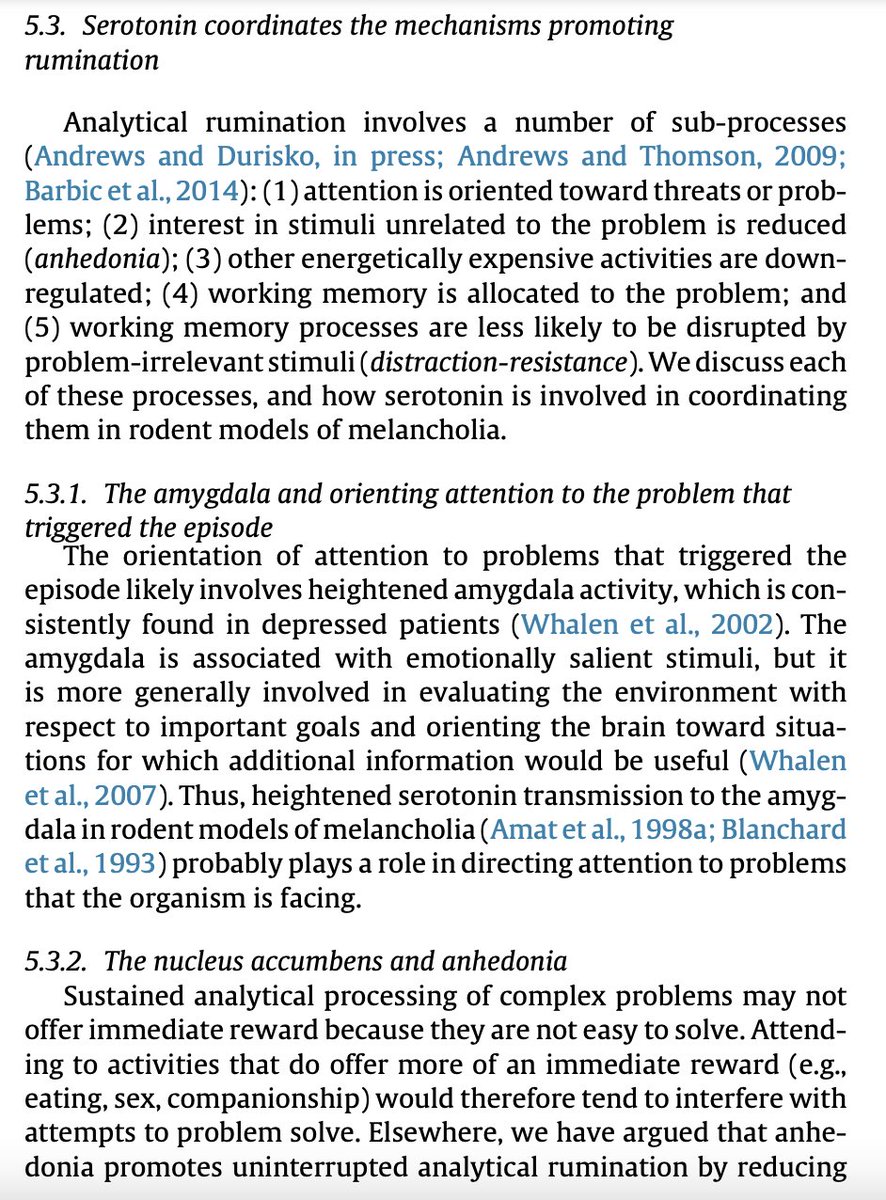
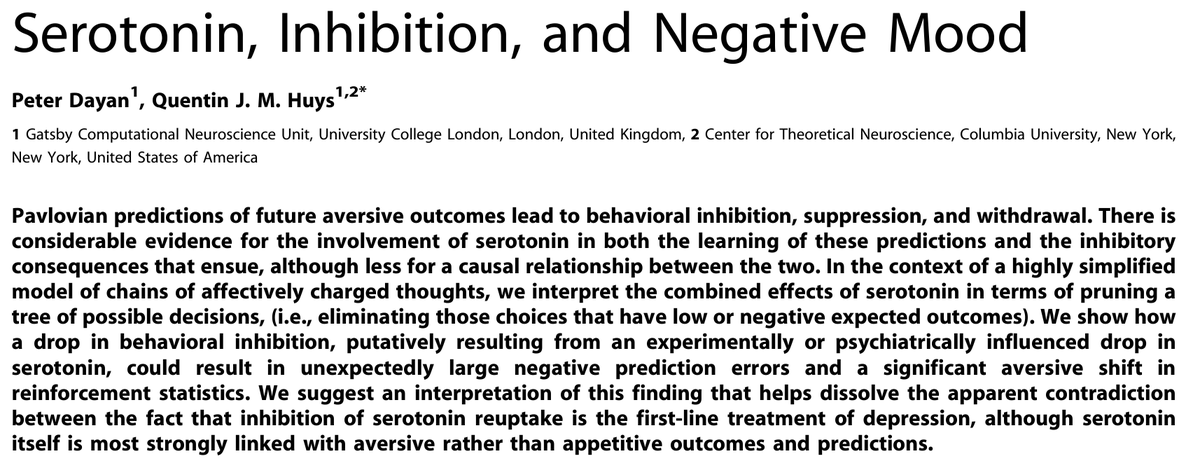
• • •
Missing some Tweet in this thread? You can try to
force a refresh


